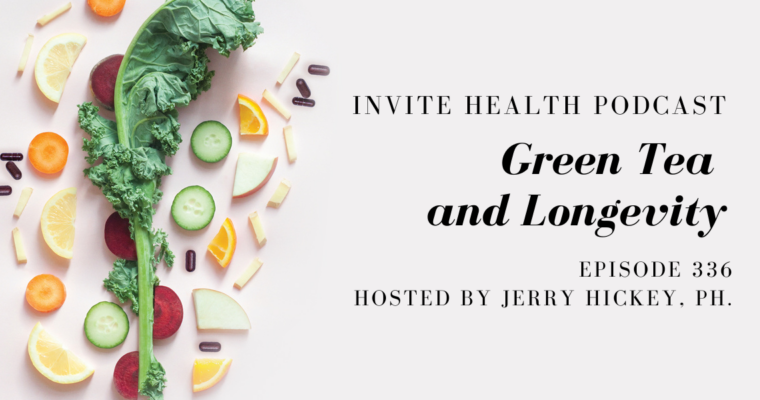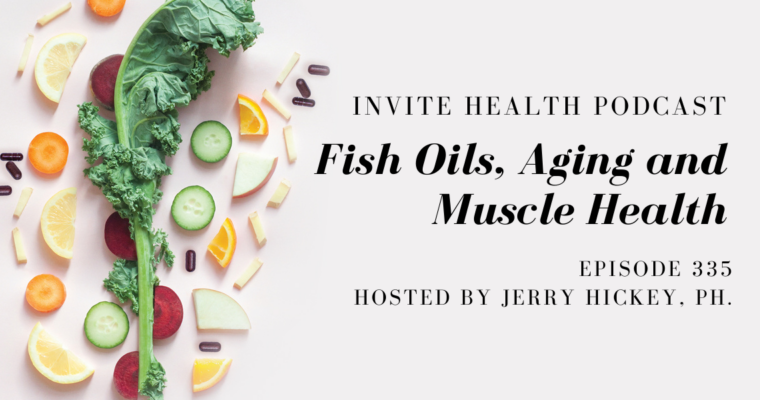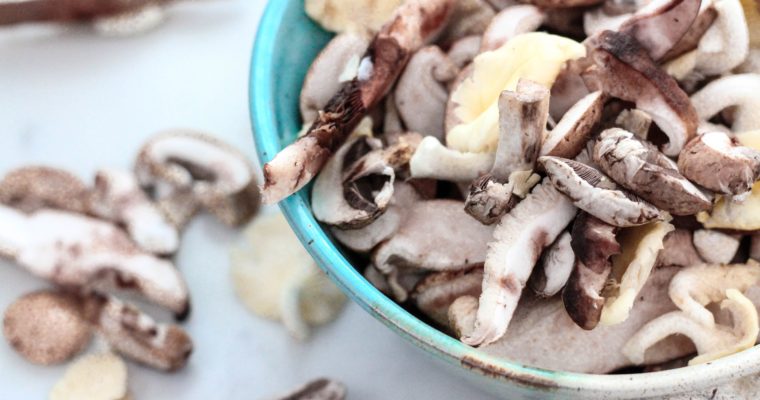Slowing down the aging process doesn’t mean stopping it completely (we can’t get everything we want!). But how we age depends on numerous factors. What if we told you there were ways you could slow down the aging process in order to age optimally? Here’s what you need to know.
Aging is not just skin-deep!
You can lather on as many creams and serums as you want – and they may help your skin to look and feel young and radiant – but the truth is, aging is happening in your cells, tissues and organs.
The term ‘healthy aging’ is meant to define how you optimize how healthy you live by protecting yourself from damaging your body and avoiding common diseases associated with aging.
As you age, the need to keep up with the constant changes in your body can prove difficult. Damage in your cells caused by free radicals can lead to accelerated aging and disease. The natural aging process gives way to deficiencies as your body becomes less able to process many vitamins and nutrients. For this reason, it is important to reevaluate your needs as you age.
Healthy Aging is your best defense
Protecting Against Free Radicals
Antioxidants prevent free radical-induced tissue damage by preventing the formation of radicals by scavenging them, or by promoting their decomposition. “A free radical damages our cells by attacking the cell membrane, destroying the enzymes and disrupting proteins from being made, along with creating waste products,” according to Director of Nutrition, Amanda Williams, MPH, MD.
High Intensity Workouts
When Mayo Clinic researchers studied a group of sedentary people who engaged in weight training, interval training, or cardio exercise several times a week, they found that while all of the participants had increased their fitness levels and improved blood sugar regulation, only the interval training group showed an increase in the number and health of their mitochondria. HIIT, or high intensity interval training, has been shown to be one of the leading fitness-related contributors to a healthy heart, muscle mass, bone density and energy production.
Ditch Processed Foods and Sugar
Did you know that eating a diet high in sugar can actually break down your skin’s collagen, leading to dull, wrinkled skin and loss of elasticity? When you consume sugar, it reacts with proteins in your blood that can cause further damage to important proteins like collagen and elastin. It can also lead to inflammation. Eliminate refined sugars from your diet.
Supplementation of Glutathione
You’ve heard about antioxidants and we’ve told you about free radicals. but what if there was a powerful antioxidants that could actually play a role in detoxifying your body from free radicals like air pollutants, heavy metals, and other toxins? Glutathione is a peptide made naturally in your body and found in almost all cells. Researchers all this peptide ‘the most powerful antioxidant’, but glutathione levels decline as we age, making us more vulnerable to oxidative stress and free radicals that can damage the body.†
Stress Relief
Your body releasing the hormones cortisol and adrenaline to react to emotional and physical stress is normal. It’s why our bodies are able to handle stresses in small amounts. But when you are chronically stressed, the elevated levels of cortisol can generate free radicals. Chronic stress has also been shown to contribute to inflammation and metabolic syndrome.
As you age, the need to keep up with the constant changes in your body can prove difficult. But the good news is there are some lifestyle changes you can make in order to keep your body healthy and strong.
Questions about the aging process? Leave a comment below to speak with a certified healthcare professional today.






